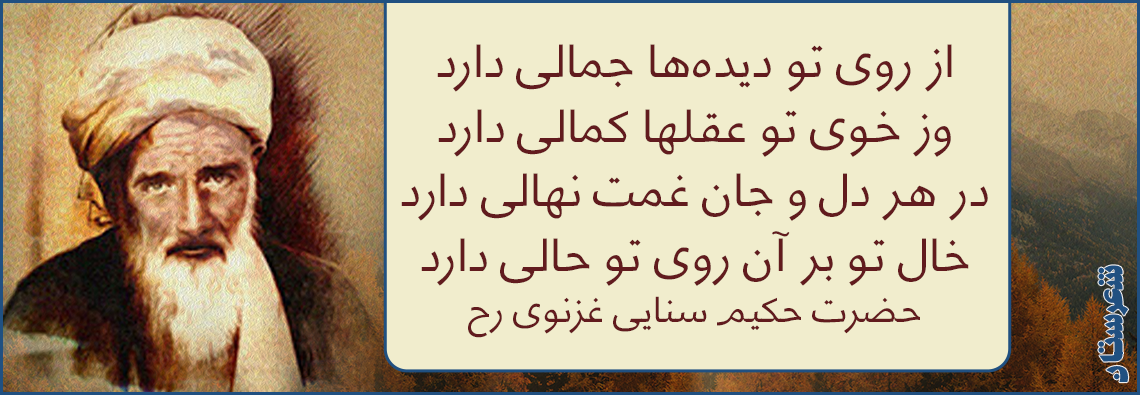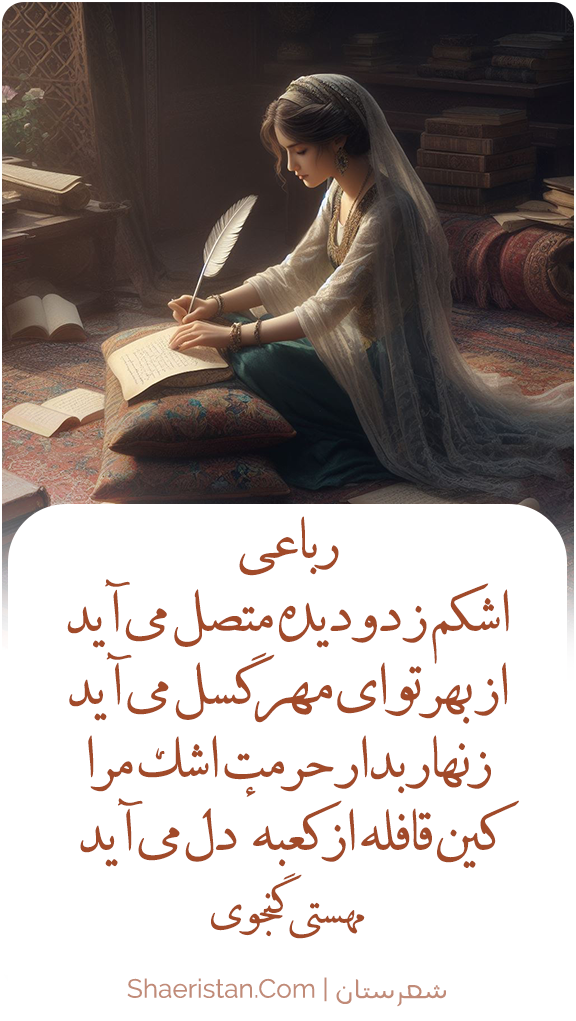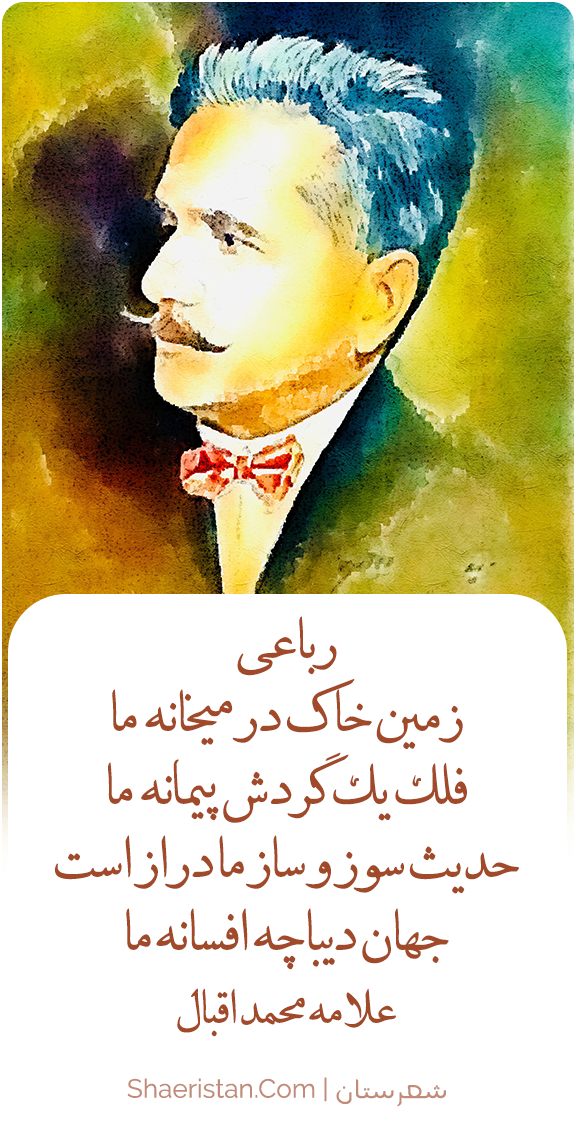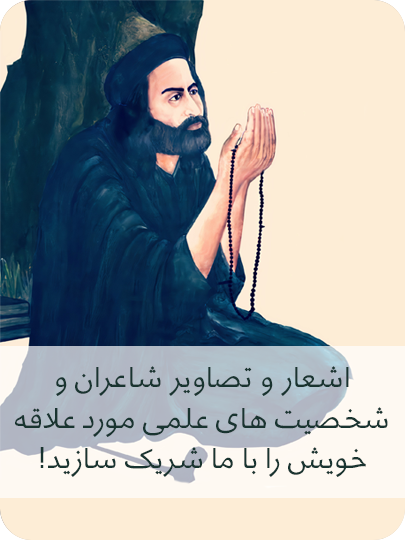
ابوالمجد مجدود بن آدم سنایی غزنوی یا حکیم سنایی (۴۷۳-۵۴۵ قمری) از بزرگ ترین شاعران قصیده گو و مثنوی سرای است که در سدهٔ ششم هجری زیسته است. حکیم سنائی در سال (۴۷۳ هجری قمری) در شهر غزنه (واقع در افغانستان) دیده به جهان گشود، و در سال (۵۴۵ هجری قمری) در همان شهر در گذشت. نام او را عوفی مجدالدین آدم السنایی و حاجی خلیفه آدم نیز نوشته اند. محمد بن علی الرقا از معاصران او در دیباچه حدیقةالحقیقه نام او را “ابو المجدود بن آدم السنائی” نوشته است. این حاکی از آن است که نام های دیگری که بر روی او نهاده اند غلط میباشد. در دیوان سنایی ابیاتی به چشم میخورد که در آن سنایی خود را “حسن” خوانده است. در این بیت سنایی میگوید:
حسن اندر حسن اندر حسنم
سن خلق و حسن بنده حسن
به خاطر این بیت بعضی از محققان میگویند که نام او در اصل حسن بوده و وی بعدها نام “مجدود” را برای خود انتخاب کرده است. در ابتدا سنایی طبق عادت آن زمان به دربار سلاطین روی آورد و به دستگاه غزنویان راه پیدا نمود. او در ابتدا به مداحی پرداخت تا اینکه یکباره شیدا شد و دست از جهان و جهانیان شست. سنایی چند سالی از دوران جوانی را در شهرهای بلخ و سرخس و هرات و نیشابور گذراند. میگویند در زمانی که در بلخ بود به کعبه رفت. بعد از اینکه از مکه بازگشت مدتی در بلخ ماند. در سال ۵۱۸ ه.ق به غزنین برگشت. یادگار پر ارزش سفرهایش مقداری از قصاید وی میباشد. بعد از بازگشت به غزنین میگویند که خانهای نداشت و یکی از بزرگان غزنین بنام خواجه عمید احمدبن مسعود به او خانهای بخشید و سنایی تا پایان عمر در غزنین در عزلت به سر برد. و در این ایام مثنوی حدیقةالحقیقه را نوشت. نصایح و اندرزهای حکیم سنایی دلاویز و پرتنوّع، شعرش روان و پرشور و خوش بیان، و خود او، در زمرهٔ پایهگذاران نخستین ادبیات منظوم عرفانی در زبان فارسی به شمار آمده است
(صفحهٔ ۴۲، حافظنامه، شرح الفاظ، اعلام، مفاهیم کلیدی و ابیات دشوار حافظ).
او در مثنوی، غزل و قصیده توانائی خود را به وضوح نشان داده است. سنائی دیوان مسعود سعد سلمان را، هنگامی که مسعود در اسارت بود، برای او تدوین کرد و با اهتمام سنایی، دیوان مسعود سعد همان زمان ثبت و پراکنده شد و این نیز از بزرگواری سنایی حکایت میکند.
غزلیات – رباعیات – ترجیعات – مسمطات – قصاید – ترکیبات – حدیقةالحقیقه – طریق التحقیق – تابلو ها و ترجمه اشعار
![]()
Not much is known about the life of Sana’i, except that he achieved his fame in the city of Balkh of Afghanistan (Modern Mazar-e Sharif), and was buried in the city of Ghazna. He is one of the earliest Sufi poets, and was considerably respected by the later poets.
It is said that when the Sultan Ibrahim of Ghazna was planning an attack on India, Sana’i wrote a qasida in his praise and was going to the palace to present it too him. As Sana’i was passing by a garden, he heard the local drunkard Lai Khor singing, and saying to the Saqi: “Fill a cup of wine, so that I can drink to the blindness of Sultan Ibrahim”. The Saqi said it would be wrong to wish that such a just king should be blinded, but Lai Khor replied that the kings fault was in leaving the fine city of Ghazna, which needed his care during the winter, to go on such a pointless expedition. The drunkard Lai Khor then told the Saqi to fill another cup of wine, so that he may drink to the blindness of Sana’i himself.
He said that Sana’i deserved it more than the King, for while Sana’i was a master in science and learning, he appeared to misunderstand what God had created him for. When Sana’i would finally come before his Creator on judgement day, and asked what he had with him, all he would be able to produce were qasidas in praise of Kings and Princes.
This event left such an effect on Sana’is mind, that he chose to leave the court life and to become a disciple of the Sheikh Yusuf Hamadani. With him he continued on the Sufi path. At one point the King Bahram Shah even offered him his sister in marriage, but Sana’I declined the honour in the following words:
‘I am not a person desirous of gold or of a wife, or of exalted station; by my God, I neither seek them nor wish them. If through thy grace and favour thou wouldest even offer me thy crown, I swear by thy head I should not accept it.'”
Sana’i taught that human beings must abandon their “nafs”, the self, if they are to make spiritual progress. He saw love as the key to achieving this goal, and human love may serve to open up the higher love of God. His writing style is simple and not endowed with unnecessary complications, though cloaked in metaphor and more difficult to comprehend on a mystical level.
He wrote seven masnavis, the most famous of which is the hadiqat-ul-haqiqat (The Garden of Truth). He also has a divan, a collection of all his poems.
Enclosed Garden of Truth – English Translations – Quotes






